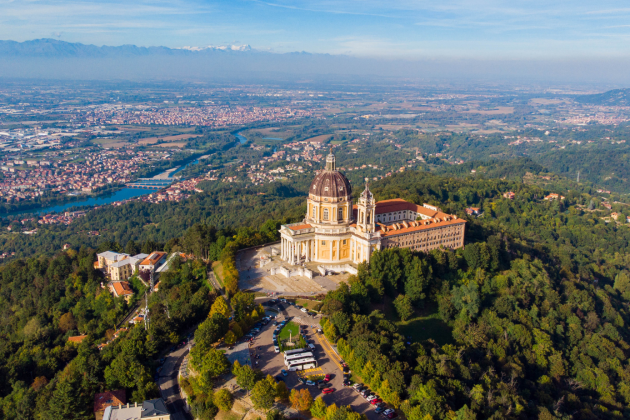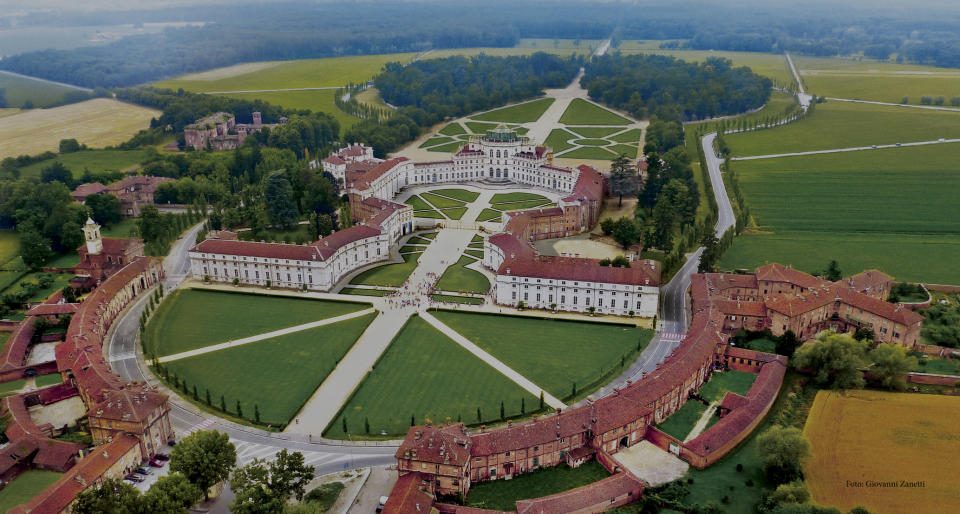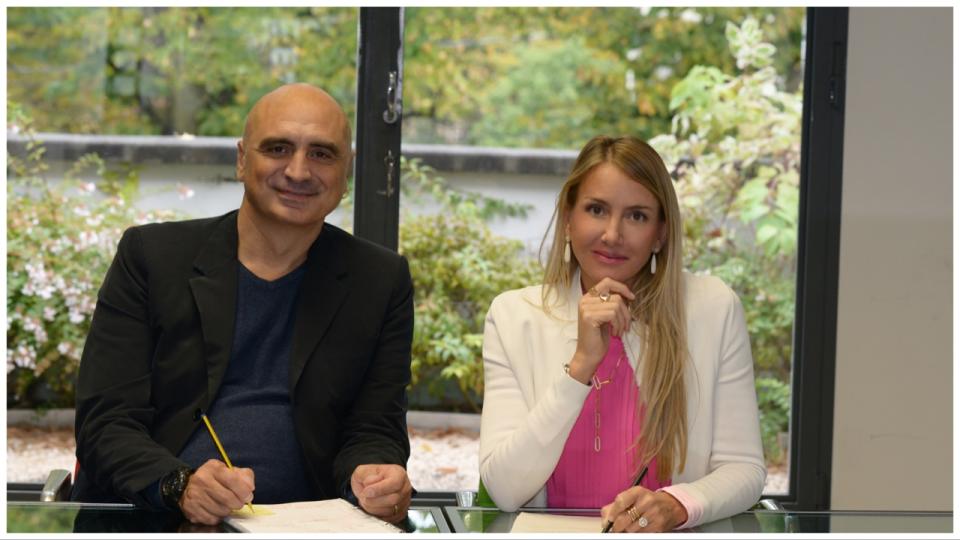Hot Spots: How Turin & Italy’s Piedmont Region Is Revving Up To Become A Key Destination For Local & International Productions

With many European countries stepping up their offerings to lure in foreign projects, the last few years Italy’s Piedmont region has been quietly becoming an attractive option for Hollywood and international productions to set up camp. In a few weeks, Universal will release the tenth instalment of the Fast and Furious franchise, Fast X, of which 10 days was shot on the streets and city center of Turin, the region’s capital city, and around 150 of its 500-strong crew were locals. Michael Mann’s long-gestating Ferrari also was hosted by the Piedmont region last year.
Pre-pandemic, Matthew Vaughn’s The King’s Man also shot in Turin, using the city’s Royal Palace, streets along the city’s River Po and its Castle of Racconigi to shoot his Sarajevo-set project. It was a big commitment from major big-budget Hollywood film, putting the region’s locations on the map in a major way for the first time since Michael Caine’s caper The Italian Job in 1969.
More from Deadline
Italy's National Cinema Museum On Why They Gave Kevin Spacey His First Public Platform In Five Years
With its mountains, lakes, Baroque architecture combined with Italy’s competitive 40% national tax credit, the Turin region has fast become the country’s second major production hub after Rome-Lazio. But for Film Commission Torino Piemonte, which was established in 2000 to help boost local production and lure in inward investment, the challenge is to grow the content and keep up with the big pace of local and international projects that are turning towards the region.
“Right now, we are facing a moment where content is exploding,” says Film Commission Torino Piemonte’s president Beatrice Borgia, who notes the region supported 217 productions in 2022. “Everybody needs original content and we need to develop accordingly so we need to make sure that everything else around it works. You cannot sustain yourself just with beautiful locations – the whole supply chain needs to grow accordingly to keep up with the pace that we project. I see this more from a capability standpoint – we have to make sure we can keep the highest quality that we have right now in a bigger system.”

For the last 23 years, FCTP has served as a one-stop shop offering production services and logistical support to those looking to come and shoot in the region. When it first opened, it focused largely on local Italian productions thanks to a big drive at the time in Italy for public money to be invested in domestic fare. Paolo Sorrentino’s Il Divo is one prominent production to come out of the region.
Since then, Turin and Piedmont have been steadily growing a skilled production workforce that is now able to meet the demands of bigger international productions. It’s also involved in supporting productions through a number of funding schemes for development, feature films, TV, documentaries and shorts. It’s Film & TV fund has an annual budget of €4 million ($4.41 million), with a €400,000 ($441,000) ceiling per project and qualifying projects must shoot for at least 10 days in the region, with local crew participation, local services accommodation expenditure all coming into play.
“What we have is not only this service that comes through the commission but also a really strong and well-developed supply chain,” says Borgia, who notes that the FCTP’s 10,000 square foot headquarters in Turin has offices that are often allocated to productions who need a base. “Productions can count on really varied and highly qualified professionals in the region, meaning they don’t have to bring them all themselves.”
FCTP director Paolo Manera says that one plus point of shooting in the region is “the proximity of our locations.”
“Turin is the former capital of Italy so we have a large group of Baroque palaces and gardens that have kept their real identity,” he says. “But a few minutes away from these locations you can be in a post-industrial area. So, one minute you’re in what looks like Versailles and then soon you can be in an area that looks like Detroit. Equally, we have the mountains, where soon you can look like you are in the Tuscan hills.”
He adds, “We’ve spent the last decade trying to position Piedmont as a production-friendly area and I think we’ve done a really great job of building to this. Everything here works very quickly and smoothly and we do it with a great sense of hospitality. We’ve attracted people from other regions of Italy to make the region their home and boost productions.”
In 2018, says Manera, the film commission joined forces with the TorinoFilmLab and Torino Short Film Market to create an event called Torino Film Industry which runs alongside the Torino Film Festival with focus on developing new talent. This is an important initiative, says Borgia, who stresses they value first-time filmmakers as much as the bigger blockbusters.

Looking ahead, Borgia says there is ambition to “keep the pace of the quantity” of projects coming into the Turin and Piedmont. “But we also want to increase the quality of projects and increase the internationality of projects, which doesn’t mean a project has to come from abroad – those are very welcome – but also making sure that national movies are able to speak to an international audience.”
She adds, “For us, it’s about being able to produce something that has a global ability to reach global audiences and have relevance. I think there are some premiums that can be given to projects that carry a socially relevant message or that shoot in a green way.”
“We’re open for everybody,” says Manera. “But the process of choosing the right projects is so we can go and create a long-term industrial community and ecosystem. We want to try and create a system that can stand the future for us.”
He points to Netflix’s The Law According to Lydia Poët as being a prime example. That Italian-language series, he says, had a big impact on the region “not only economically, but also because it was set in the real Turin” and “wasn’t pretending to be somewhere else.”
He adds, “Long term, we want to be a bridge with the rest of Europe that is not so well-known right now.”
“We are a hidden gem that needs to be discovered,” says Borgia. “We are already very active in terms of international productions but we hope to stimulate it more.”
Best of Deadline
King Charles III’s Coronation Concert In Pictures: Tom Cruise, Katy Perry, Lionel Richie & More
King Charles III's Coronation In Pictures: All The Pomp & Pageantry From A Historic Day
TV Cancellations Photo Gallery: Series Ending In 2023 & Beyond
Sign up for Deadline's Newsletter. For the latest news, follow us on Facebook, Twitter, and Instagram.

